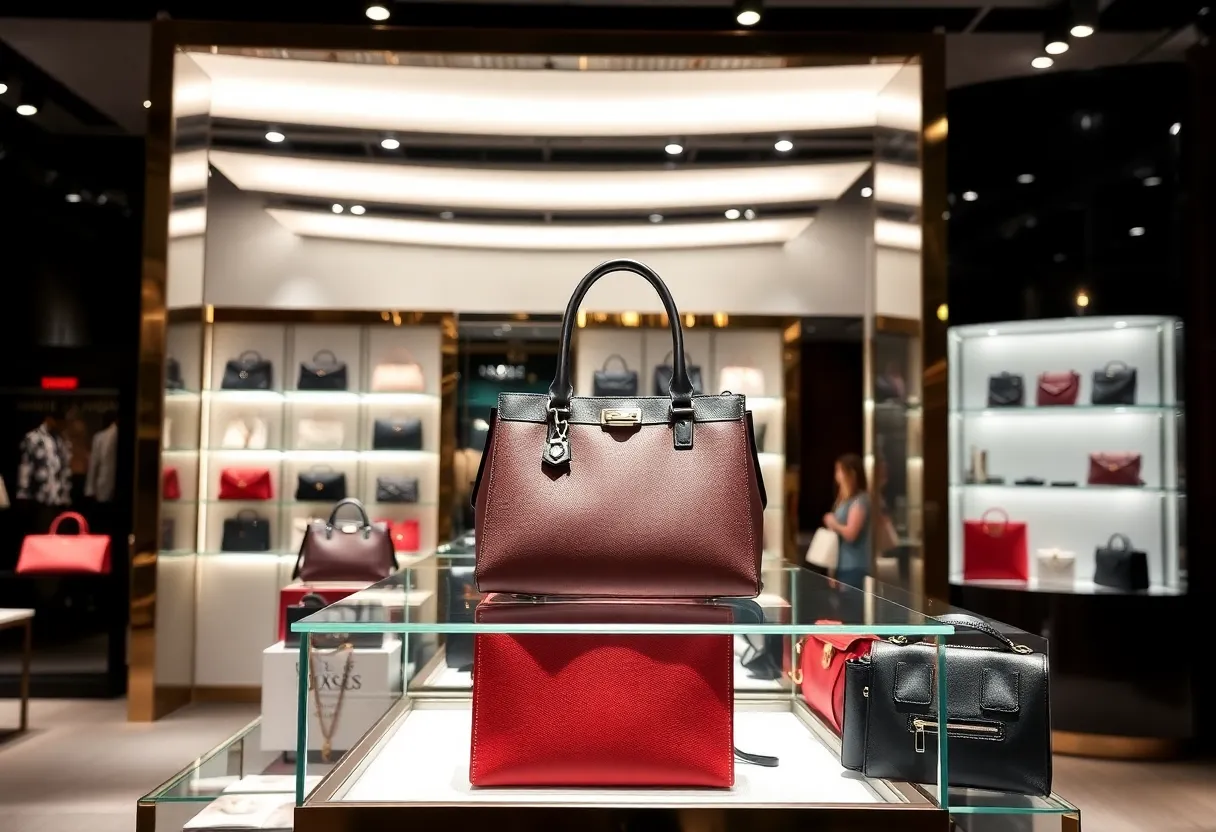News Summary
In a recent court conference, Judge James Donato evaluated a proposed antitrust lawsuit against luxury retailer Hermes. The lawsuit claims that Hermes connects purchases of its exclusive Birkin bags to buying other products, raising fairness concerns. Judge Donato expressed skepticism over whether the claims constituted a legitimate antitrust violation, noting the competitive nature of the luxury market and consumer choice. Plaintiffs aim to amend their arguments and return to court to strengthen their case.
Judge Takes a Closer Look at Hermes Antitrust Lawsuit
In a recent courtroom drama, a proposed class action antitrust lawsuit against luxury retailer Hermes found itself on the docket in a U.S. District Court. Judge James Donato oversaw a case management conference where he appeared intrigued by the allegations but struggled to see how they truly fit into the antitrust framework.
The Crux of the Case
The lawsuit claims that Hermes has a unique business model that ties the purchase of its highly sought-after Birkin bags to the purchase of other products such as belts and scarves. According to the plaintiffs, consumers can only get their hands on a Birkin bag after demonstrating a strong purchase history with the company. This has raised eyebrows and lit a fire under those who feel this approach is unfair.
Judge Donato’s Skepticism
During the discussions, Judge Donato reflected on the nature of luxury goods, highlighting that purchasing decisions are often *driven by consumer choice*. He seemed to find it hard to grasp the idea of an antitrust injury from the plaintiffs’ arguments. He asked them challenging questions, seeking clarity on how Hermes’ practices were genuinely harming competition in the market. His skepticism intensified as he noted that there were no evident customer complaints about being coerced into buying Hermes products over other luxury brands.
The Luxury Market Landscape
With Judge Donato noting that the luxury market is indeed competitive, he emphasized that consumers have plenty of alternatives when it comes to purchasing luxury bags. This begs the question: if shoppers are not cornered into buying Hermes and have various options available, can there be a valid case for antitrust violations?
Next Steps for Plaintiffs
Despite the judge’s cautious stance, the plaintiffs’ attorneys are not backing down just yet. They requested to make amendments to their lawsuit and are planning to return to court in three weeks with additional arguments in hopes of strengthening their case.
Your Thoughts?
As this story continues to unfold, the luxury community and potential consumers of Hermes Birkins are watching closely. Will the proposed amendments sway the judge’s opinion? Is there really a case to be made about antitrust violations in the luxury market where customers can opt for several equally luxurious alternatives? These questions linger in the air as everyone waits for the next court appearance.
Staying Tuned
While Hermes representatives and their attorneys chose not to comment during this court session, the implications of the case could echo well beyond this courtroom. It’s a reminder of the shifting dynamics in luxury retail and how the business decisions of iconic brands can spark significant legal challenges.
As we await the next chapter of this legal saga, it will be interesting to see if more information comes to light that changes the overall narrative. For now, consumers and luxury enthusiasts alike will need to keep their eyes peeled as developments unfold.
Deeper Dive: News & Info About This Topic
HERE Resources
Additional Resources
- ABC7 News
- The New York Times
- Fierce Healthcare
- Business Wire
- Wikipedia: Hermès
- Google Search: Antitrust lawsuit
- Encyclopedia Britannica: Antitrust Law







